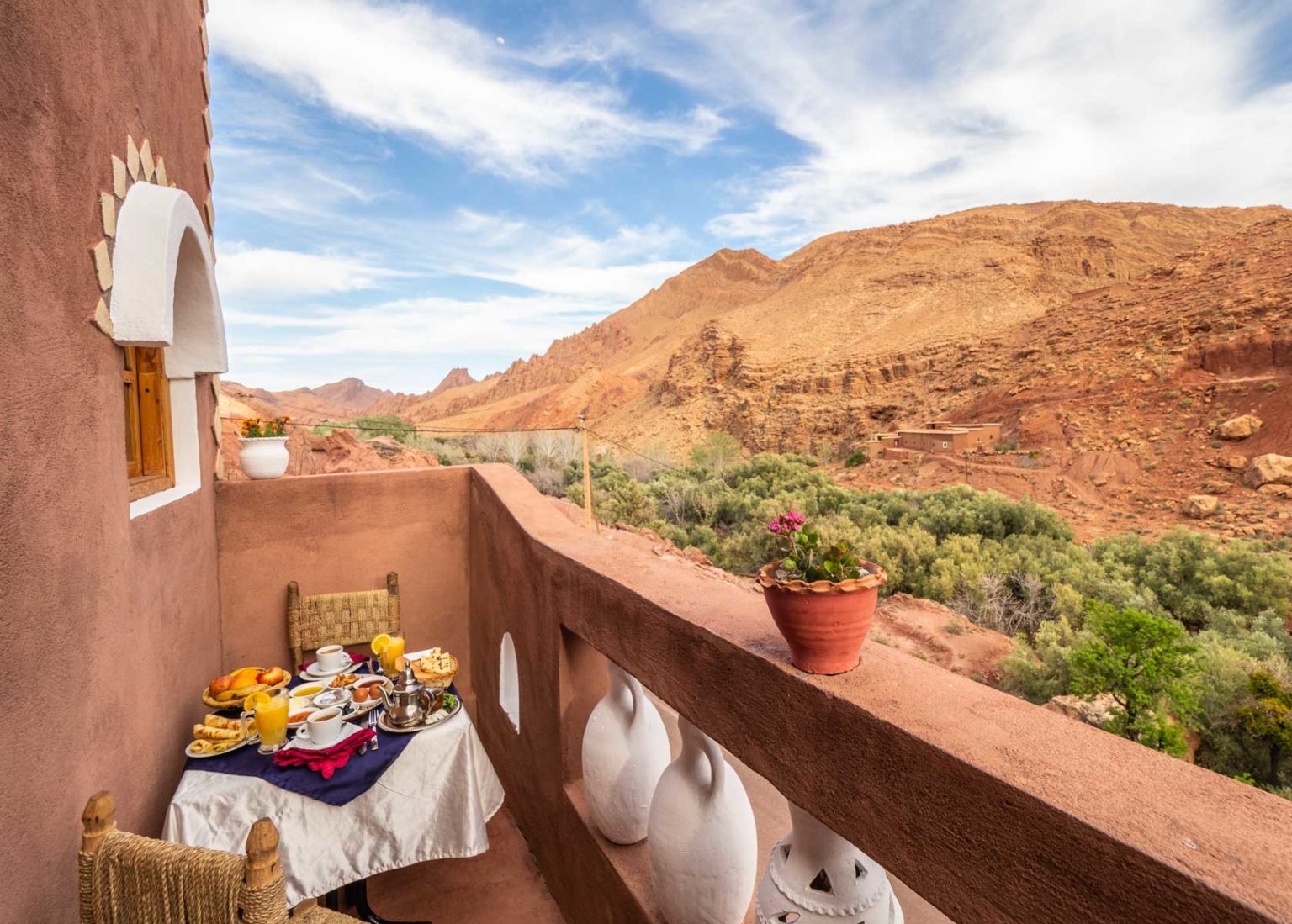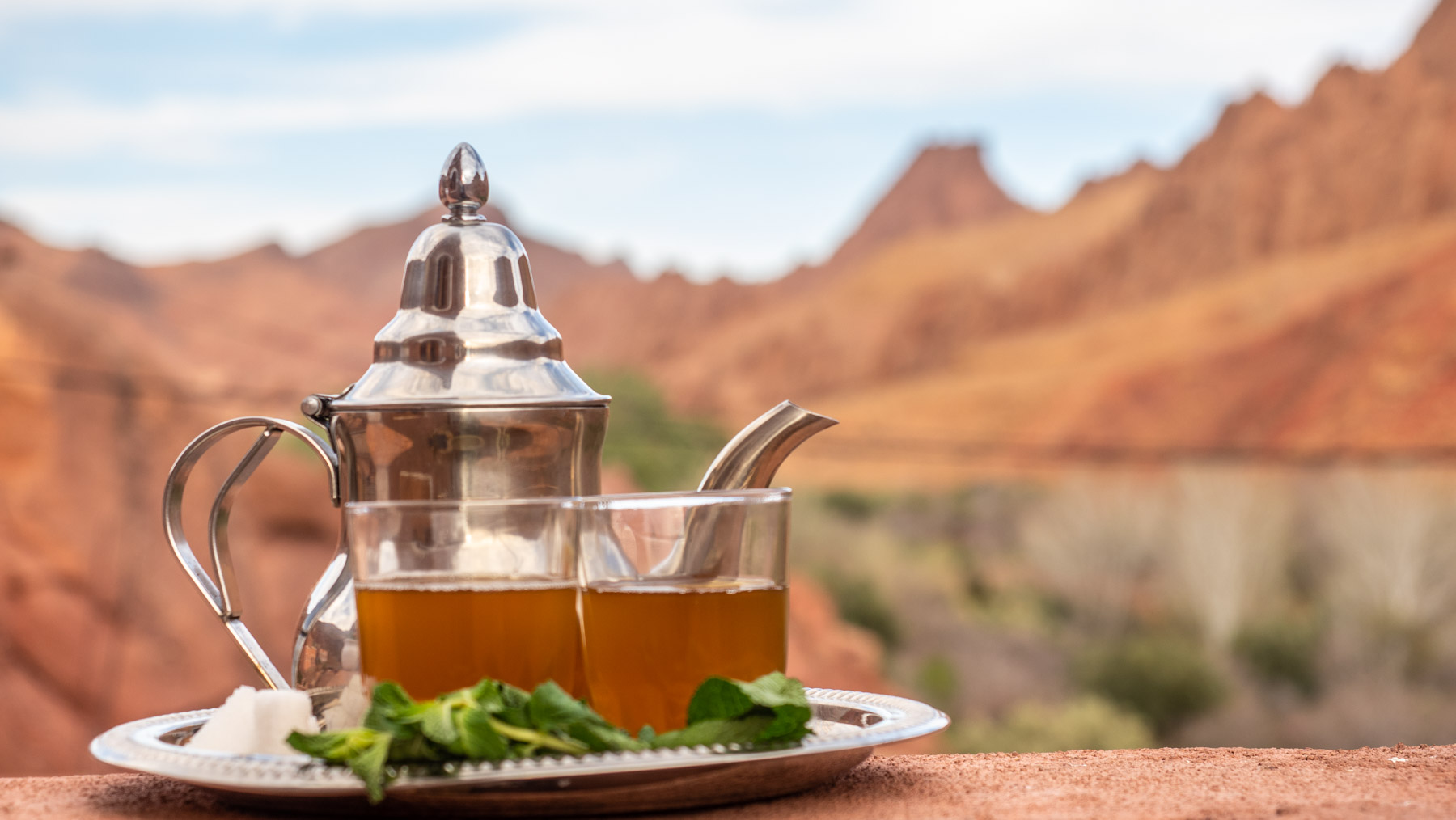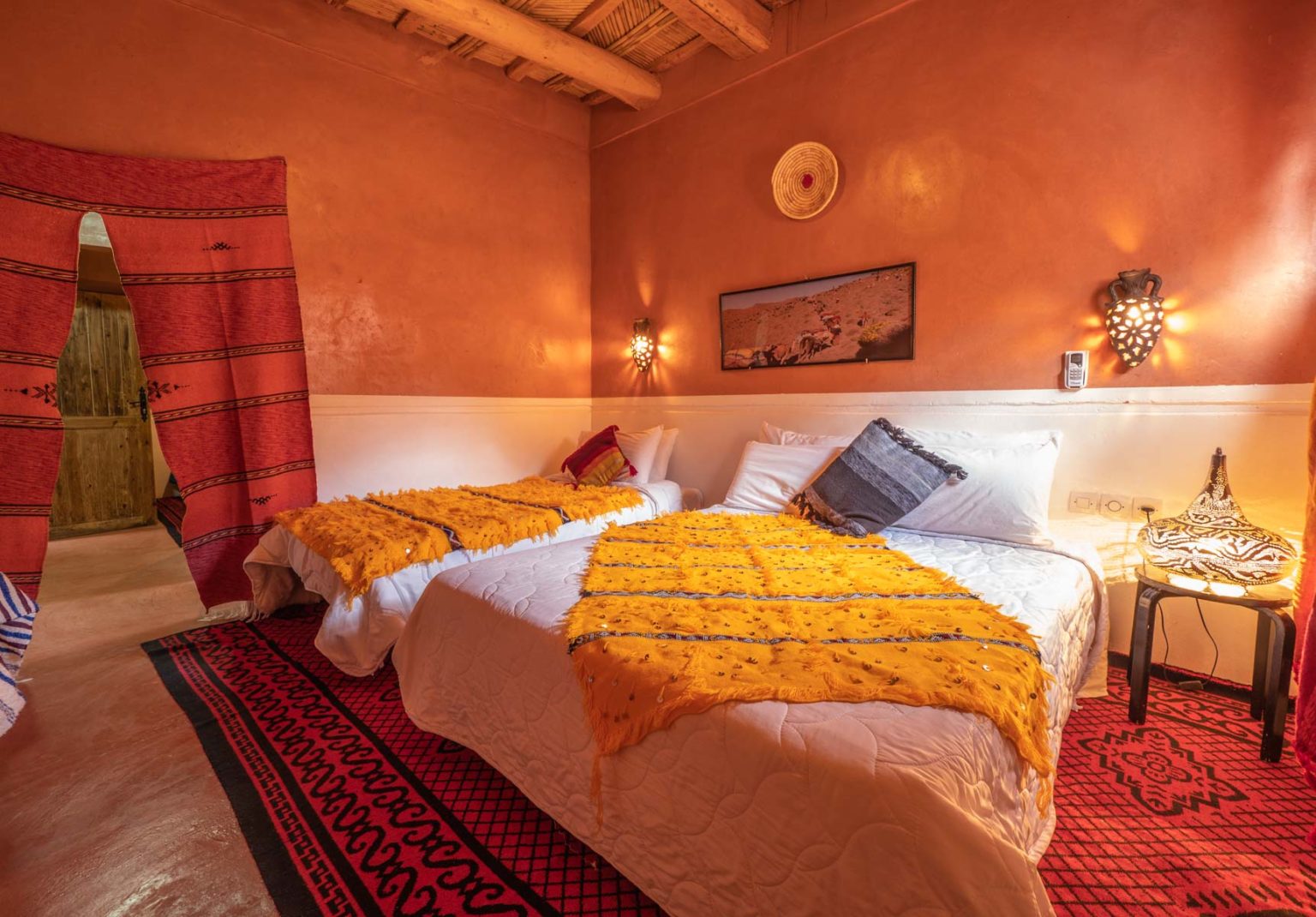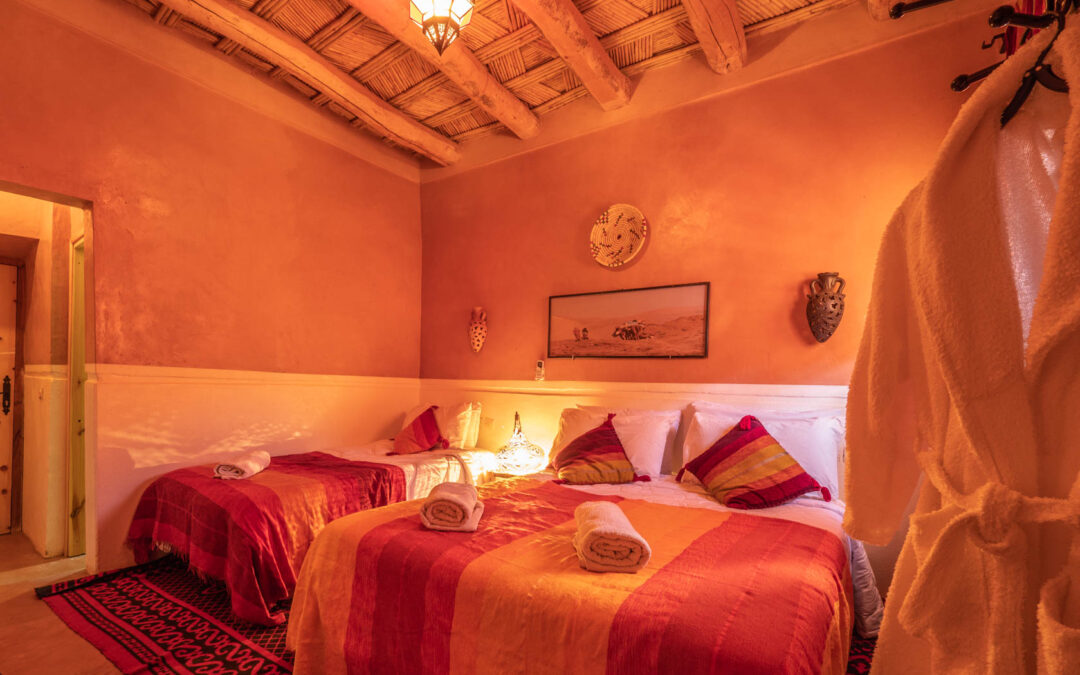
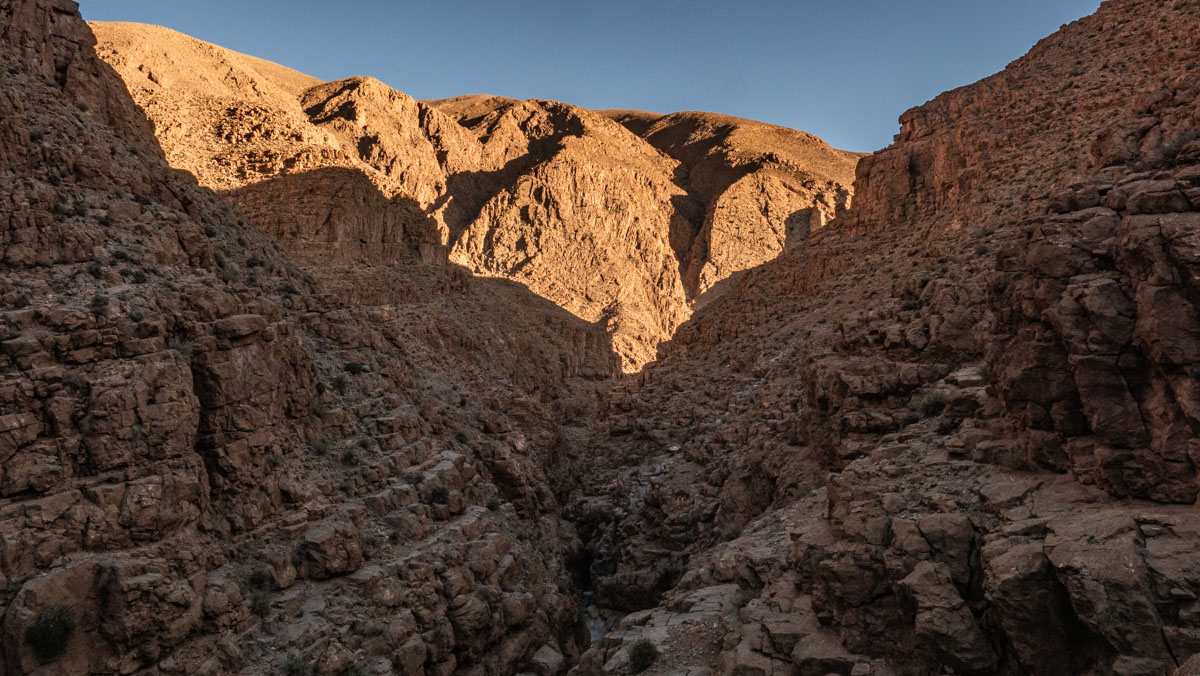
Traditional Moroccan Tea Culture: A Berber Perspective
The Art of Moroccan Tea
Moroccan tea, also known as Maghrebi mint tea, is a symbol of hospitality and friendship in the North African country. The tradition of preparing and serving tea is deeply ingrained in Moroccan culture, with each region offering its unique twist. However, when exploring the Berber perspective, one can truly appreciate the authenticity and richness of this ancient tradition.
History and Significance
The history of Moroccan tea dates back centuries, with influences from various cultures such as the Arab, Berber, and European. The Berbers, Morocco’s indigenous people, have played a significant role in shaping the tea culture, infusing it with their customs and rituals. Tea ceremonies are not just about the drink itself but also about the experience of sharing and connecting with others.
The Ritual of Preparation
Preparing Moroccan tea is an art form that requires patience and skill. The process involves boiling water, steeping green tea leaves, adding fresh mint, and an abundance of sugar. The tea is poured from a height to create a frothy top, a technique that enhances the flavor and aroma. The Berbers take pride in their meticulous preparation, believing that each step contributes to the overall experience.
Symbolism and Tradition
Tea holds a special place in Berber culture, symbolizing hospitality, respect, and generosity. It is customary to serve tea to guests as a sign of welcome and warmth. The act of pouring tea is considered an art form, with specific gestures and etiquette that reflect the values of the Berber community. Sharing tea is a way to strengthen bonds and foster relationships.
Auberge Atlas Dades: Embracing Berber Hospitality
For travelers seeking an authentic Berber experience, Auberge Atlas Dades is a hidden gem nestled in the picturesque Dades Valley. This charming guesthouse offers not only a glimpse into Berber culture but also an opportunity to immerse oneself in the traditional Moroccan tea ceremony. Guests are welcomed with open arms and treated to a tea service that embodies the spirit of hospitality.
Exploring Berber Culture
At Auberge Atlas Dades, visitors can engage with Berber hosts who are passionate about sharing their heritage. From learning about traditional weaving techniques to participating in music and dance performances, guests can gain a deeper understanding of Berber traditions. The tea ceremony serves as a focal point for cultural exchange, bridging the gap between travelers and locals.
Unveiling the Essence of Moroccan Tea
Through the lens of the Berber perspective, Moroccan tea transcends being a mere beverage and becomes a symbol of unity and community. The act of sharing tea fosters connections and creates lasting memories. At Auberge Atlas Dades, guests have the opportunity to savor not just the flavor of the tea but also the essence of Berber hospitality.

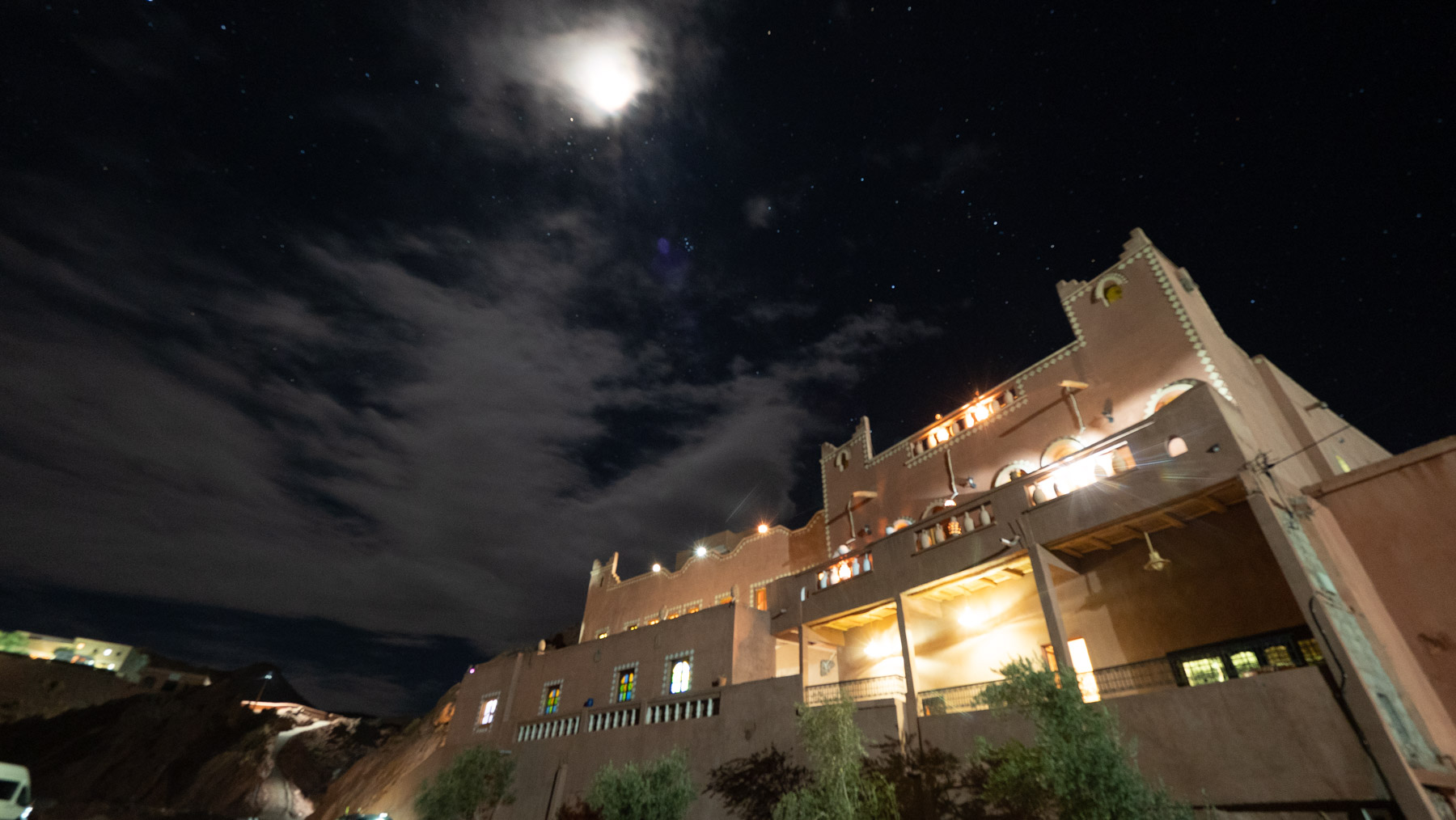
Exploring Traditional Moroccan Tea Culture: A Berber Perspective
When it comes to understanding the Traditional Moroccan Tea Culture from a Berber perspective, there are a few key insights that can help travelers delve deeper into this rich and ancient tradition.
1. Embrace the Ritual
One of the first things to keep in mind when experiencing Moroccan tea culture is to fully embrace the ritual. Tea is not just a beverage in Morocco; it is a symbol of hospitality and friendship. Take the time to observe how the tea is prepared and served, and participate in the process with an open mind.
2. Learn the Etiquette
Understanding the etiquette surrounding tea in Morocco is essential. For example, it is customary to serve three rounds of tea, each with a distinct flavor and significance. Knowing how to hold the tea glass and how to politely accept or decline refills are also important aspects of the experience.
3. Engage with Locals
One of the best ways to learn about Moroccan tea culture is to engage with locals, especially those from the Berber community. They can offer valuable insights into the history and significance of tea in Moroccan society, as well as share personal stories and anecdotes that enrich the experience.
4. Taste the Variety
Morocco is known for its diverse tea blends, each with its own unique flavors and ingredients. Don’t be afraid to try different types of tea, such as mint tea or gunpowder tea, and discover the nuances that make each blend special.
5. Respect the Tradition
While it’s important to explore and appreciate Moroccan tea culture, it’s equally important to respect the tradition and customs associated with it. Avoid rushing through the tea ceremony and take the time to savor each sip, honoring the centuries-old practice.
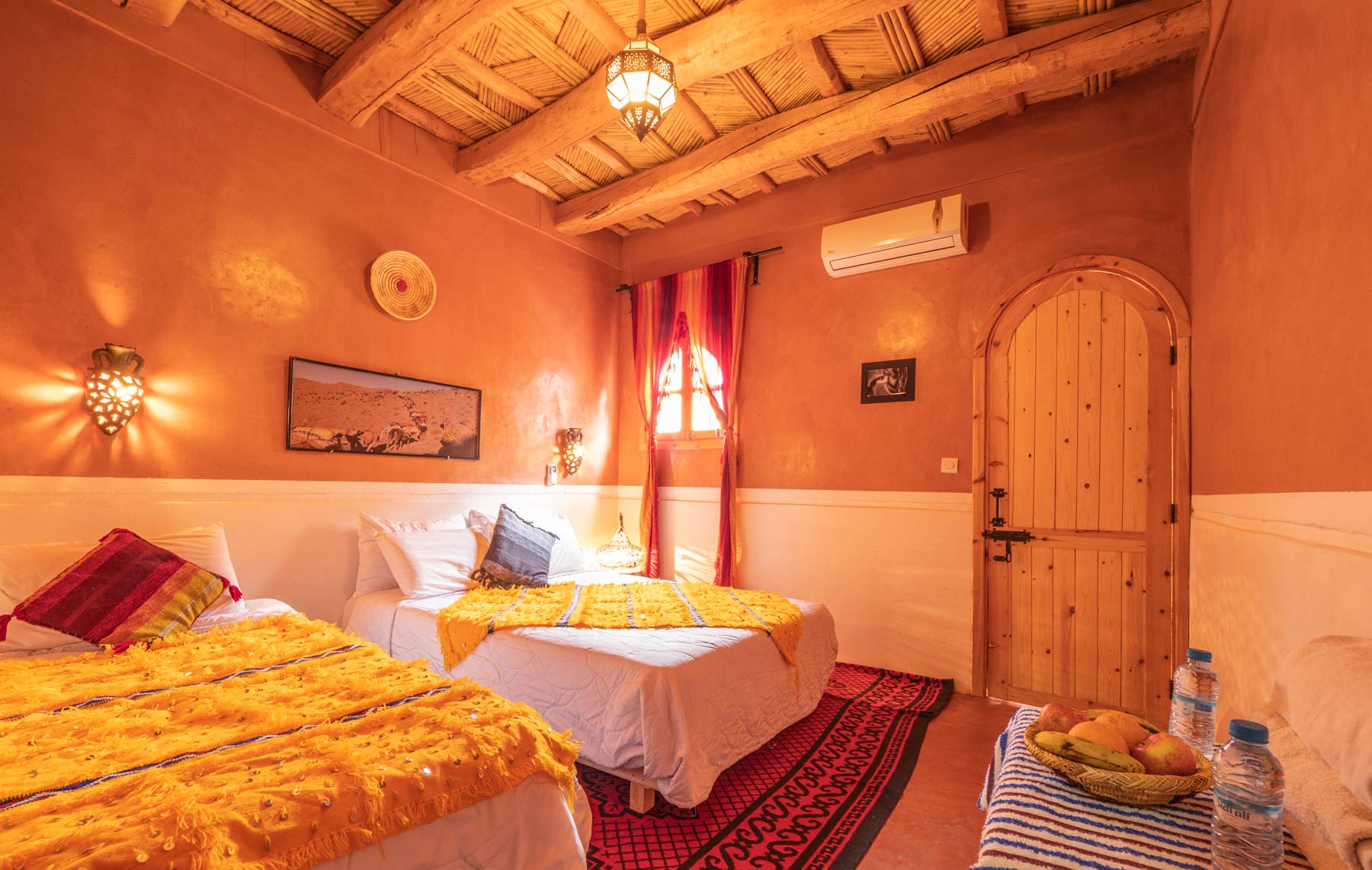
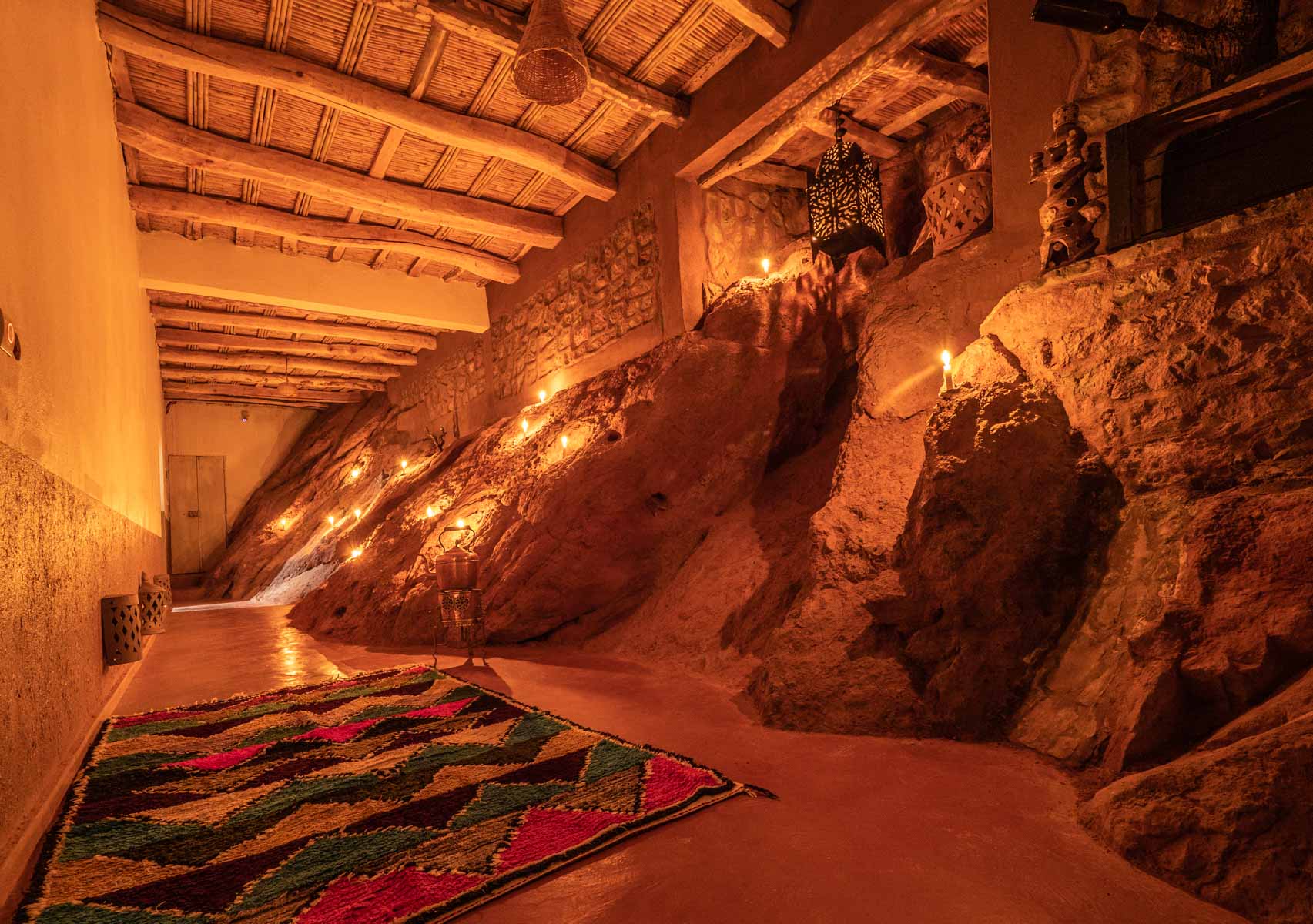
Exploring Traditional Moroccan Tea Culture: A Berber Perspective
When it comes to immersing oneself in the rich tapestry of Moroccan culture, few experiences can compare to delving into the traditional tea culture that has been an integral part of Berber heritage for centuries.
Discover the Berber Way of Tea Making
The Berber people, indigenous to North Africa, have a deep-rooted connection to the land and a profound respect for their traditions. One of the most iconic rituals in Berber culture is the preparation and serving of Moroccan mint tea, a practice that goes beyond just a simple beverage.
Known as “Atay,” Moroccan mint tea is a symbol of hospitality, friendship, and social connection. The process of making the tea involves precise steps and attention to detail, reflecting the Berber values of patience and mindfulness.
Embrace the Ritual of Tea Drinking
Tea drinking in Berber culture is not merely about quenching thirst; it is a ceremonial act that fosters bonds between individuals. The intricate pouring of the tea from a height, known as “n’kob,” serves both a practical purpose of aerating the tea and a symbolic one of sharing blessings and good wishes.
Each sip of Moroccan mint tea is an invitation to slow down, engage in meaningful conversation, and savor the moment. The blend of fresh mint, green tea, and sugar creates a harmonious flavor profile that delights the senses and warms the soul.
Experience Tea Culture in Berber Villages
For travelers seeking an authentic immersion into Moroccan tea culture, a visit to the Berber villages nestled in the Atlas Mountains is a must. Here, amidst the stunning natural beauty and warm hospitality of the Berber people, one can partake in tea ceremonies that offer a glimpse into a way of life steeped in tradition.
Engaging with local Berbers in their homes or traditional tea houses provides a unique opportunity to learn about the significance of tea in their daily lives, hear captivating stories passed down through generations, and forge connections that transcend language barriers.
Preserving a Cultural Legacy
As modernity encroaches on traditional practices, the art of Moroccan tea making faces the challenge of preserving its authenticity and essence. By embracing the Berber perspective on tea culture, travelers can contribute to the sustainability of this cherished tradition and ensure that future generations continue to appreciate its beauty.

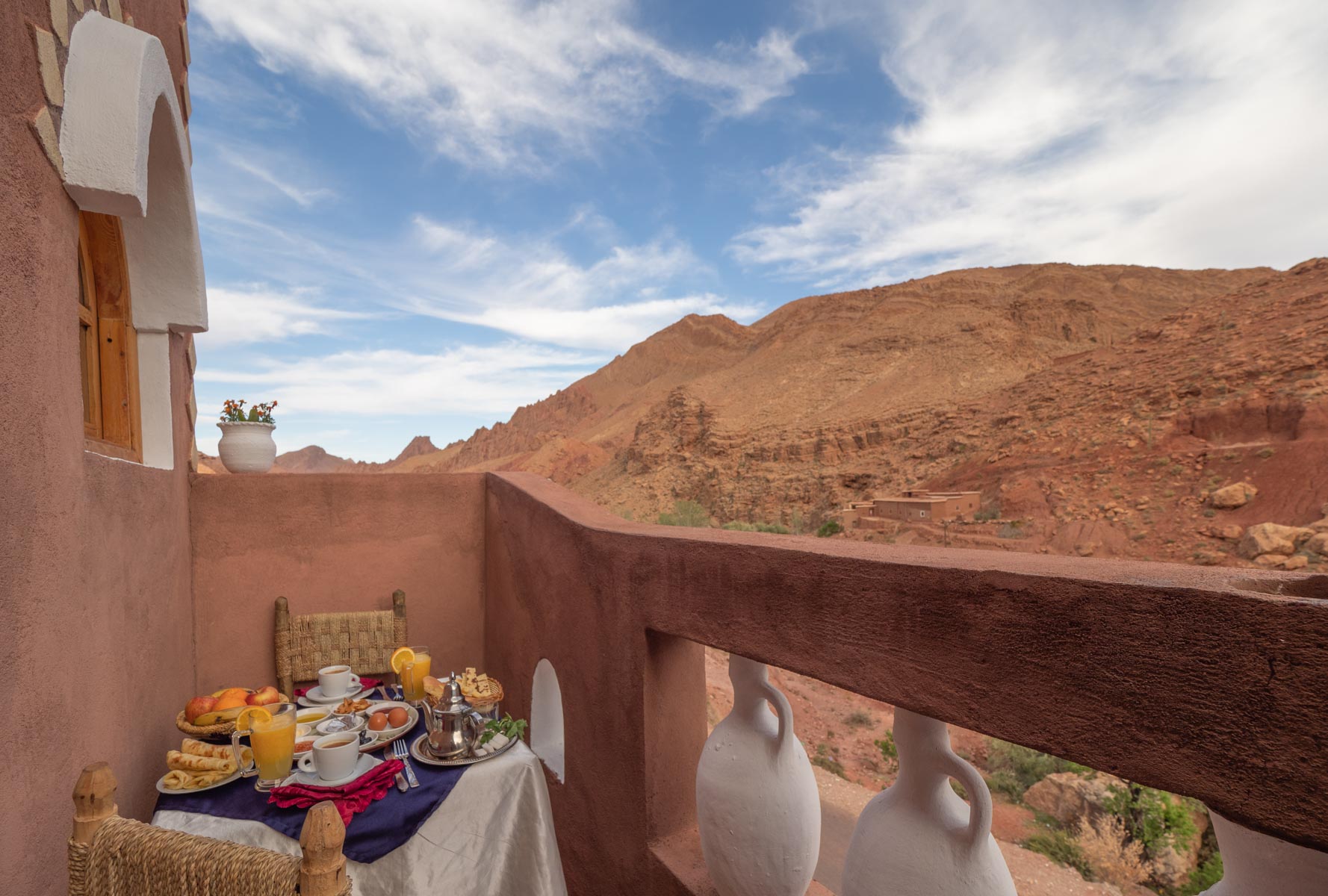
When planning a trip to Morocco to immerse yourself in the traditional Moroccan tea culture from a Berber perspective, there are several recommendations to consider. These recommendations can enhance your overall experience and make your journey more enjoyable.
Before the Trip:
Research: Before embarking on your journey, take the time to research the Berber culture and traditional tea ceremonies. Understanding the customs and traditions will allow you to fully appreciate the experience.
Pack Accordingly: Morocco has a diverse climate, so make sure to pack appropriate clothing for both warm days and cool evenings. Comfortable shoes are also essential for exploring the bustling markets and narrow streets.
During the Trip:
Visit Local Tea Houses: To truly experience the traditional Moroccan tea culture, visit local tea houses where you can witness the tea-making process firsthand and engage with locals over a cup of mint tea.
Participate in Tea Ceremonies: If given the opportunity, participate in a traditional Berber tea ceremony. This interactive experience will deepen your understanding of the cultural significance of tea in Morocco.
After the Trip:
Reflect on Your Experience: Take some time to reflect on your journey and the insights you gained from immersing yourself in the traditional Moroccan tea culture. Consider how you can incorporate elements of this experience into your daily life.
Share Your Experience: Share your experiences with friends and family to spread awareness of the rich cultural heritage of Morocco and the importance of traditional tea ceremonies.
Recommended Accommodation:
Auberge Atlas Dades: For a truly authentic Berber experience, consider staying at Auberge Atlas Dades. This charming guesthouse nestled in the Dades Valley offers stunning views of the Atlas Mountains and provides a warm and welcoming atmosphere for guests.
With comfortable rooms, delicious traditional cuisine, and knowledgeable staff who can guide you in exploring the local culture, Auberge Atlas Dades is the perfect choice for travelers seeking an immersive Moroccan experience.
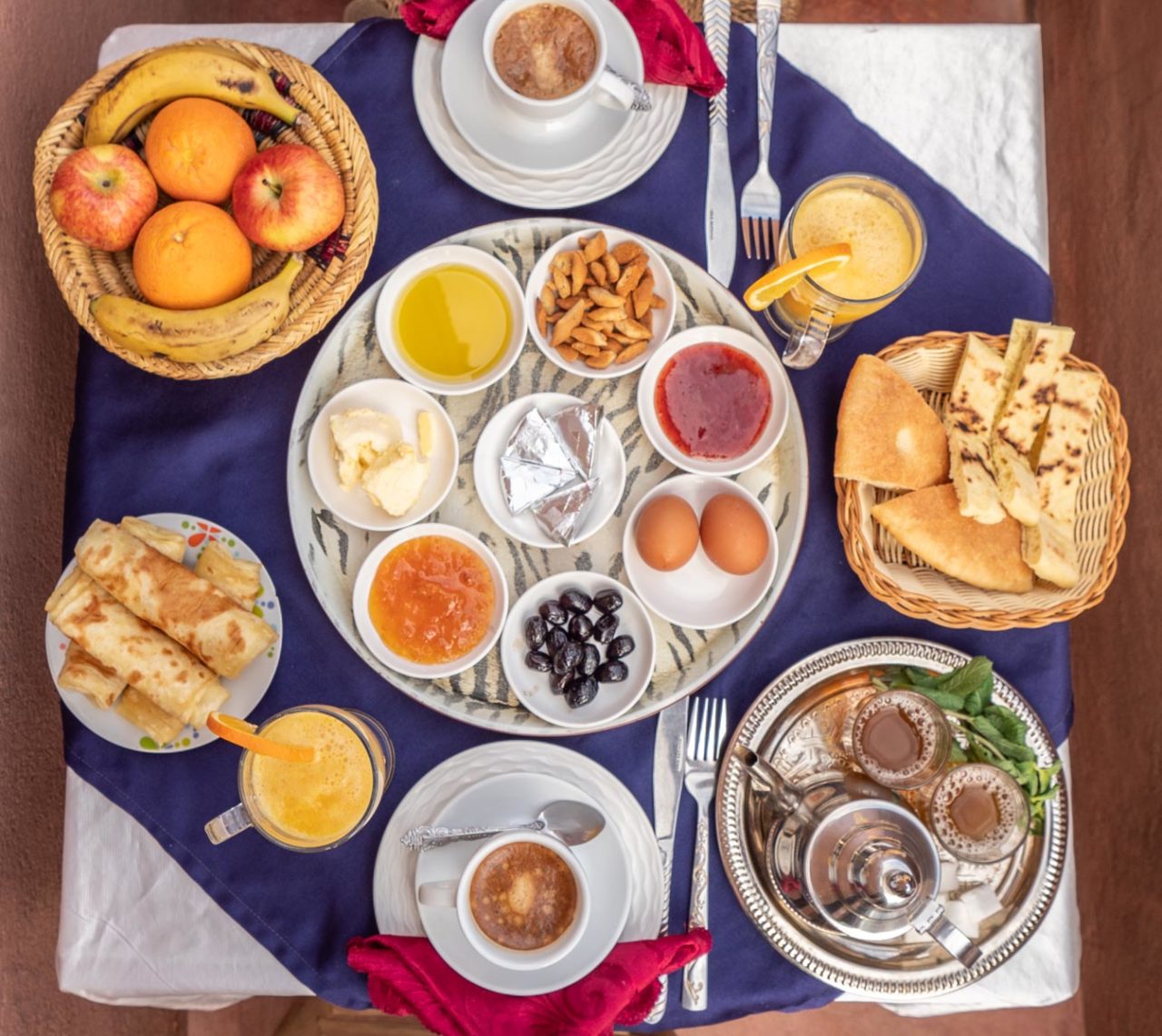


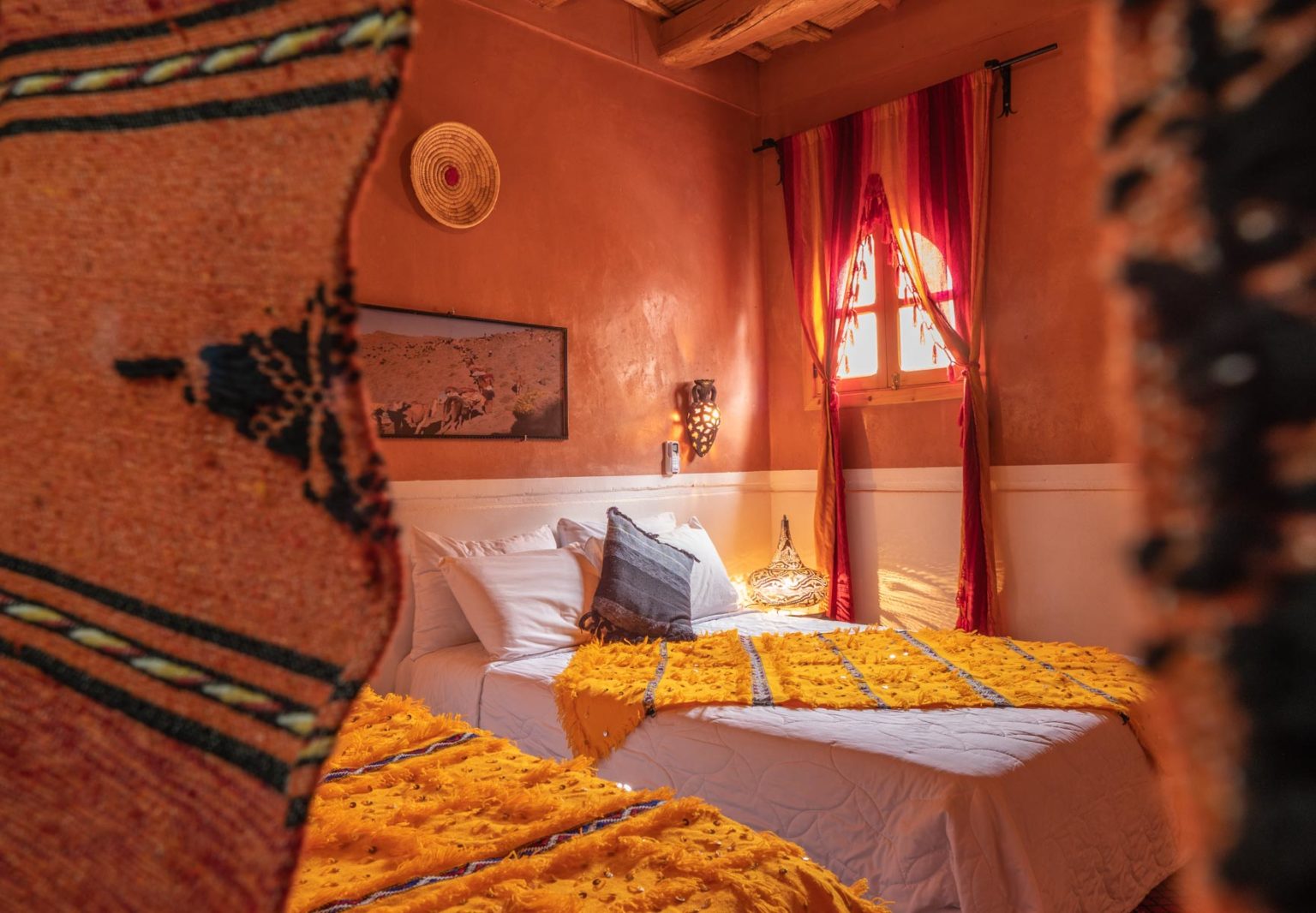
Frequently Asked Questions
1. What is the significance of traditional Moroccan tea culture?
The traditional Moroccan tea culture holds deep cultural significance in Berber communities, symbolizing hospitality and friendship.
2. How is traditional Moroccan tea prepared?
Traditional Moroccan tea is prepared by steeping green tea leaves with fresh mint and a generous amount of sugar in boiling water.
3. What is the proper way to serve Moroccan tea?
Moroccan tea is traditionally poured from a height to create a frothy layer on top, enhancing the flavor and aroma.
4. Are there specific rituals associated with Moroccan tea drinking?
Yes, Moroccan tea drinking is often accompanied by engaging conversations and traditional music, creating a lively and social atmosphere.
5. What is the role of tea in Berber ceremonies and celebrations?
Tea plays a central role in Berber ceremonies and celebrations, symbolizing unity and togetherness among community members.
6. Is Moroccan tea only consumed in specific settings?
While Moroccan tea is commonly enjoyed at home with family and friends, it is also served in cafés and restaurants throughout Morocco.
7. Are there variations in the way Moroccan tea is prepared in different regions of Morocco?
Yes, different regions of Morocco may have variations in the ingredients used or the strength of the tea, reflecting local preferences.
8. What is the etiquette around refusing tea in Moroccan culture?
In Moroccan culture, it is polite to accept tea when offered, even if you only take a small sip as a sign of respect for the host.
9. Can visitors participate in traditional Moroccan tea ceremonies?
Absolutely, visitors are often welcomed to participate in traditional Moroccan tea ceremonies, providing a unique opportunity to experience Berber hospitality.
10. How has Moroccan tea culture evolved over time?
While the essence of Moroccan tea culture remains unchanged, modern influences have led to innovative twists on traditional recipes and presentation styles.
